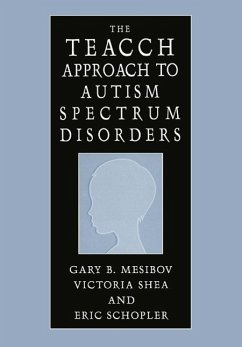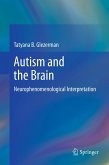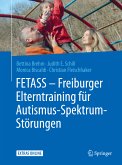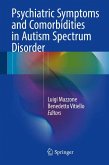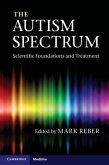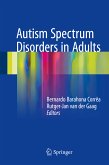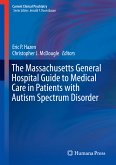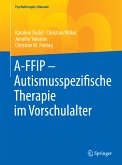The TEACCH program focuses on persons with autism and the development of instruction and supports based on each individual's skills, interests, and needs. It draws from the research literature in psychology and neuropsychology to create activities and environments that are organized to emphasize meaningfulness-an approach that has proved crucial to an autistic individual's ability to learn, comprehend, and apply learning across situations.
The TEACCH Approach to AutismSpectrum Disorders explains how:
- TEACCH targets critical areas in executive functioning, engagement, communication, and social skills.
- Strategies can be tailored to an individual's unique developmental and functional level.
- Parents become involved in all phases of intervention as collaborators, cotherapists, and advocates.
- The program can be introduced and adapted for individuals of all ages, from preschool children to adults.
- Professionals can be trained in the program and its methods.
This progressive program offers individuals with autism, their families, teachers, and therapists both optimism and useful strategies, without minimizing the condition or its effects. All clinicians working with people with autism will find The TEACCH Approach to Autistic Spectrum Disorders a valuable resource.
Dieser Download kann aus rechtlichen Gründen nur mit Rechnungsadresse in A, B, BG, CY, CZ, D, DK, EW, E, FIN, F, GR, HR, H, IRL, I, LT, L, LR, M, NL, PL, P, R, S, SLO, SK ausgeliefert werden.
"Treatment and Education of Autistic and Related Communication Handicapped Children (TEACCH) is a state wide system for assisting and supporting people with autism spectrum disorders and their families ... . The TEACCH Approach to Autism Spectrum Disorders is an interesting book in that it provides a comprehensive overview of the approach. Educators and parents can acquire useful information ... that will assist their effort to teach and deal with students with autism. The book provides specific intervention strategies for the parents of autistic children." (Fawzy Ebrahim, PsycCRITIQUES, Vol. 51 (8), 2006)

